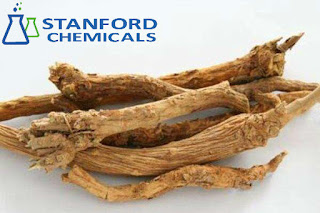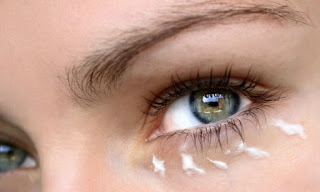Which Hyaluronic Acid is Best
Cosmetic grade hyaluronic acid
Hyaluronic acid (HA) is a natural biological molecule widely existing in skin and other tissues. It has an excellent moisturizing effect and is internationally known as Natural Molsturl Zlng Factor, NMF. It is currently the best moisturizing substance found in cosmetics in nature.
Hyaluronic acid acts on the skin surface, macromolecule hyaluronic acid can form a permeable film on the skin surface, make the skin smooth and moist, and can block the invasion of foreign bacteria, dust, ultraviolet rays, protect the skin from invasion; small molecule hyaluronic acid can penetrate into the dermis, with a slight expansion of capillaries, increase blood circulation Ring, improve the intermediate metabolism, promote skin nutrition absorption, has a strong anti-wrinkle function, can increase skin elasticity, delay skin aging. Hyaluronic acid can also promote the proliferation and differentiation of epidermal cells, scavenge oxygen free radicals, prevent and repair skin damage.
The aqueous solution of hyaluronic acid has a high viscosity, which can thicken the aqueous phase, and the paste after emulsifying with the oil phase is uniform and delicate, which has a stable emulsification effect. Hyaluronic acid is the best natural moisturizing ingredient of high-grade cosmetics. It has good compatibility and can be added to any cosmetic products. It is widely used in cosmetics, such as cream, lotion, make-up water, essence, facial cleanser, bath shampoo, shampoo and extender, mousse, lipstick and so on. The addition amount is 0.05 - 0.5%.
Pharmaceutical grade hyaluronic acid
Hyaluronic acid (HA) is the main component of human connective tissue such as interstitial cells, vitreous body and synovial fluid of joints. It plays an important physiological role in maintaining water, maintaining extracellular space, regulating osmotic pressure, lubricating and promoting cell repair in vivo.
Hyaluronic acid molecule contains a large number of carboxyl and hydroxyl groups in water; the formation of intramolecular and intermolecular hydrogen bonds in the solution, which makes it have a strong water retention effect, can bind itself to more than 400 times of water; at higher concentrations, due to its intermolecular interaction to form a complex three-stage network structure, its aqueous solution has significant viscosity and elasticity.
Hyaluronic acid, as the main component of the intercellular matrix, directly participates in the regulation of intracellular and extracellular electrolyte exchange and plays a filtered role in physical and molecular information. Macromolecular hyaluronic acid can inhibit cell migration, proliferation, differentiation, and phagocytosis, while small molecular hyaluronic acid can promote it.
Sodium hyaluronate has unique physical and physiological functions and has been widely used in medicine.
Hyaluronic acid can be used as a viscoelastic, osteoarthritis, rheumatoid arthritis and other joint surgery filler in ophthalmic intraocular lens implantation. It is widely used as a medium in eye drops. It is also used to prevent postoperative adhesion and promote the healing of skin wounds. The hyaluronic acid reacts with other drugs to form compounds which play a sustained release of drugs, can achieve targeted and timely release purposes. With the development of medical technology, the application of hyaluronic acid in medicine will be more and more extensive.
Food grade hyaluronic acid
The content of hyaluronic acid in the human body is about 15g, which plays an important role in the physiological activities of the human body. Hyaluronic acid content in the skin is reduced, the water retention function of the skin is weakened, appears rough and produces wrinkles; hyaluronic acid in other tissues and organs is reduced, can lead to arthritis, arteriosclerosis, pulse disorders, and brain atrophy. The reduction of hyaluronic acid in the human body can lead to premature aging.
Oral hyaluronic acid can increase the content of the body and supplement the hyaluronic acid deficiency in the body. Hyaluronic acid can make skin moist, smooth, soft and elastic through digestion and absorption, delay aging, prevent arthritis, arteriosclerosis, pulse disorders, and brain atrophy. Oral hyaluronic acid can make people energetic and full of youthful vitality.
Oral hyaluronic acid has been widely used in health foods in developed countries such as Europe and America.





Comments
Post a Comment